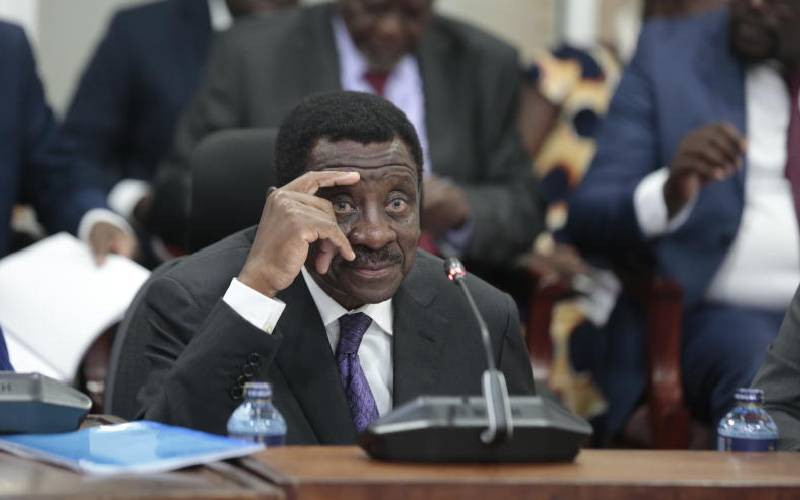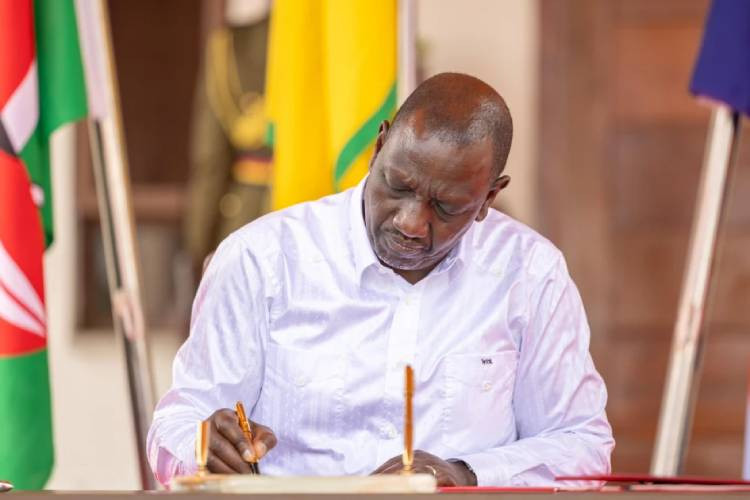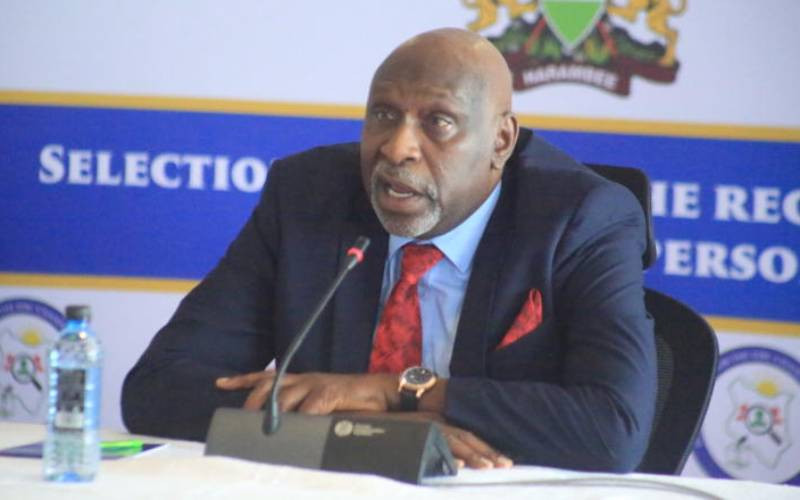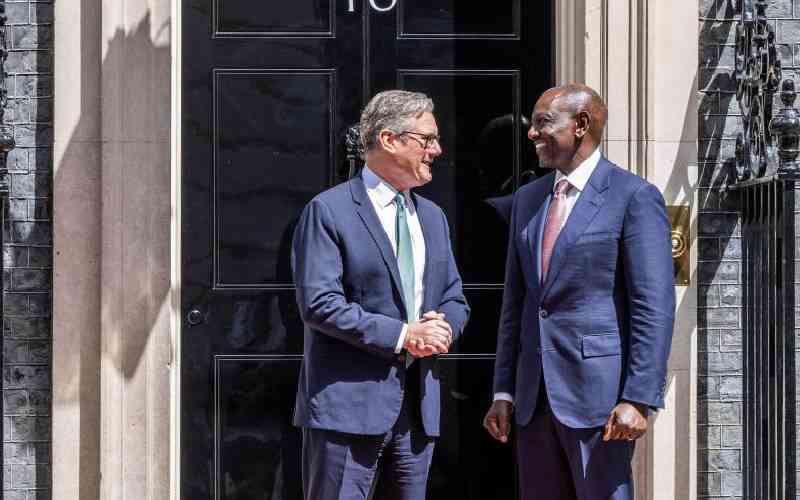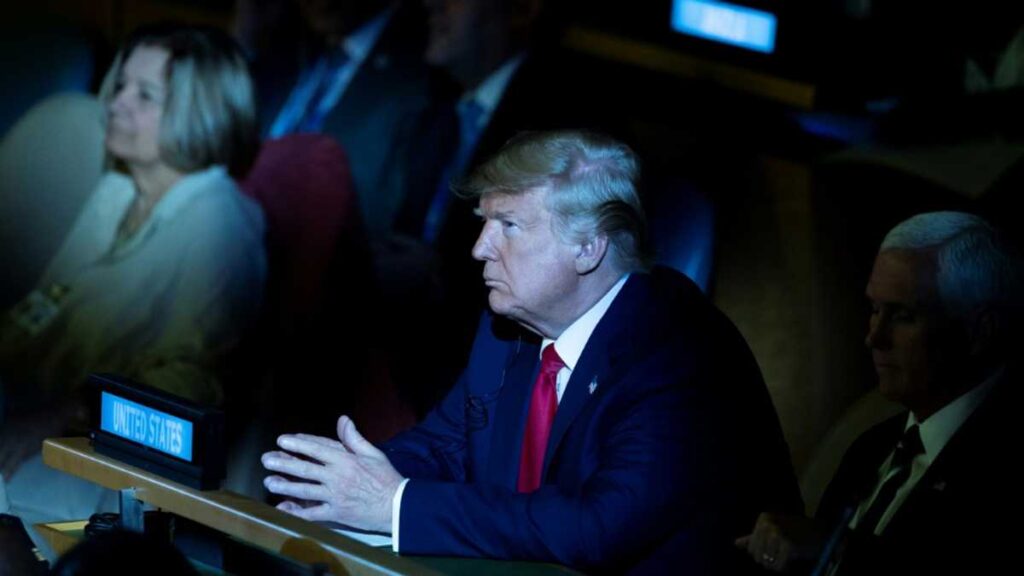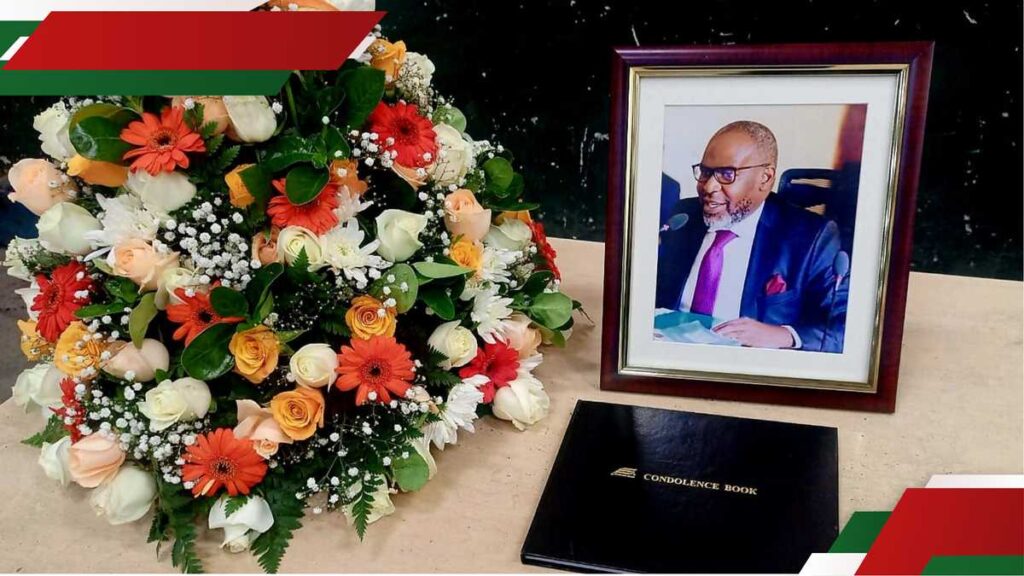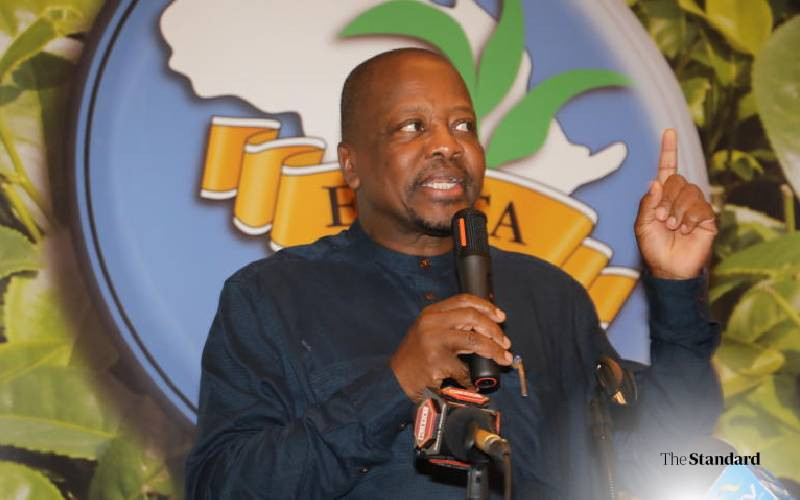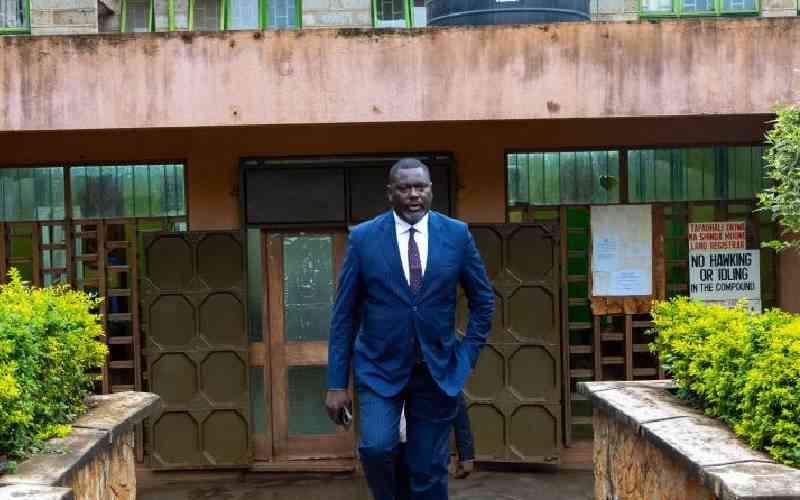The Constitution of Kenya 2010 remains one of the country’s greatest achievements.
This is according to Charles Nyachae, the chairperson of the defunct Commission for the Implementation of the Constitution (CIC), who also says that the spirit of the document is yet to be fully embraced.
Speaking on Spice FM on Tuesday, August 26, Nyachae highlighted the fight against corruption as one of the constitution’s unfulfilled promises despite robust provisions on integrity, accountability, and good governance, even as scandals persist.
“The intention was to deal with corruption decisively, but what we got instead was selective application, constant dilution, and a culture where the constitution is invoked only when convenient,” Nyachae observed.
Further, he dismissed critics who have termed the country’s supreme law as being too ambitious and activist in nature, saying it bore Kenyans’ aspirations expressed during public participation and in the referendum before its promulgation in 2010.
“A constitution is both a response to lived experiences and an aspirational vision. In 2010, we said we no longer wanted to be governed the way we had been. The aspirations in our Katiba were correct and remain correct. The problem is not that we aimed too high, but that we have fallen short in living up to it,” he observed.
Still, Nyachae maintains that the constitution remains Kenya’s most important reference point.
“It binds both the governed and those who govern. It is not a suggestion you can cherry-pick from. In some parts, we may conclude that we aimed too high. But in most cases, we must admit that the aspiration was right and that we, as a nation, have failed it.”
Fifteen years later, the challenge is clear: turning the Katiba from a document on paper into a culture of governance and citizenship.
At the time, Kenyans saw it as a radical break from authoritarian rule and a safeguard against the historical injustices that had plagued governance.
“It is right that we should have this conversation now. Fifteen years is enough time to ask ourselves what we hoped to achieve when we gave ourselves this constitution, and where we stand today,” Nyachae said.
He lauded the fact that the Constitution enshrines devolution, a stronger Bill of Rights, checks on the executive, and accountability mechanisms.
For Nyachae, the “greatest achievement of the past 15 years is that it has brought some sanity amongst the political class.”
However, many challenges have stood in the way of the document as the culture of constitutionalism struggles to take root.
Stay informed. Subscribe to our newsletter
Yesterday, President William Ruto declared Wednesday and every other August 27 as Katiba Day, a working holiday, to commemorate the promulgation of the Constitution.




